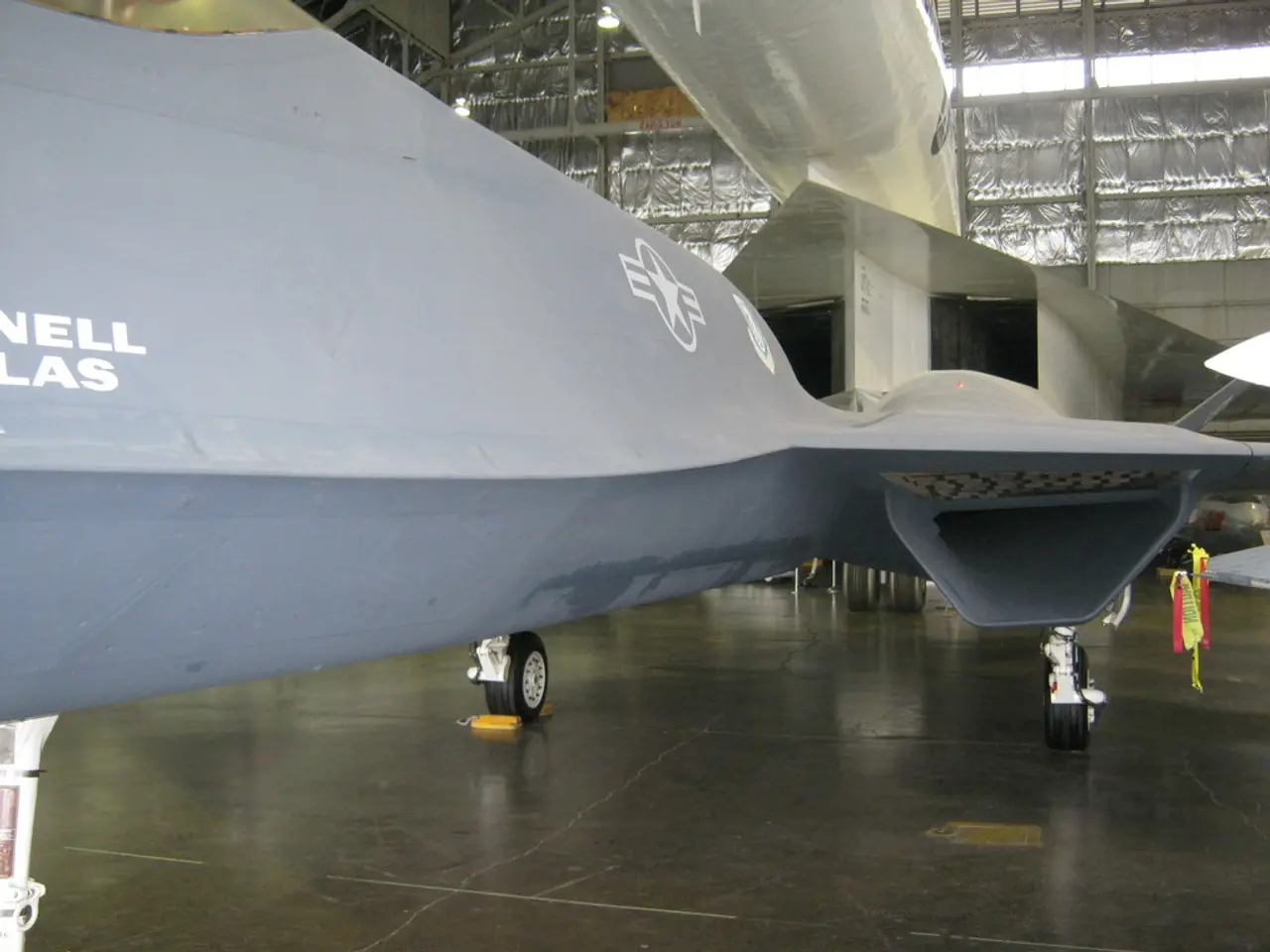Canadian airline, Air Canada, will gradually restart flights following an agreement that ended the strike by cabin crew.
The long-running strike by Air Canada's flight attendants, the first in 40 years, has finally come to an end. A mediated tentative agreement was reached on August 19, 2025, allowing the 10,000 unionized attendants to immediately return to work and the airline to gradually resume operations.
The resolution came after the flight attendants defied a government back-to-work order, enduring a standoff that cancelled about 3,000 flights and affected approximately 130,000 passengers daily. The airline faced estimated losses of $43 million per day during the strike.
The Canadian government had intervened with binding arbitration, but the union rejected the authority, emphasizing their right to strike.
Impacts on Air Canada and passengers
The strike disrupted travel plans for hundreds of thousands of passengers, leading to the cancellation of hundreds to thousands of flights over multiple days. This affected around 500,000 passengers overall.
Significant revenue losses were incurred by Air Canada, estimated at $43 million per day during the walkout. Operational challenges for restarting service were also evident, with Air Canada warning it could take a week or more for full restoration due to aircraft and crew repositioning.
Passengers faced difficulties rebooking during a busy travel season, and alternatives were limited.
Notable cases
One of the most affected passengers was James Numfor, a resident of Regina, Saskatchewan, who had been stranded in Toronto for two nights since returning from Cameroon for his brother's funeral. Air Canada only provided one night in a hotel for his family before leaving them without further support. Numfor and his family have slept in the airport due to the lack of support from Air Canada.
Retiree Klaus Hickman also faced challenges, missing a flight to Toronto earlier in the week and expressing concerns about returning to Calgary on time for a connecting flight to Germany.
Industry-wide demands
The strike by Air Canada's flight attendants is part of a larger trend in various sectors, including aerospace, construction, airline, and rail, where unions have pushed for higher pay, improved conditions, and better benefits over the past two years.
The Canadian Union of Public Employees (CUPE), which represents Air Canada's 10,400 flight attendants, sought pay for unpaid work such as boarding passengers. The airline's CEO defended the airline's offer of a 38% boost to flight attendants' total compensation but did not offer plans to break the deadlock during a Reuters interview.
The Jobs Minister threatened to investigate allegations of unpaid work in the airline sector and urged both Air Canada and the Canadian Union of Public Employees to consider government mediation.
With the strike now over, Air Canada's shares rose 4% in early trading, reflecting relief among investors. The carrier has withdrawn its third-quarter and full-year earnings guidance due to the strike but is now hoping to resume normal operations and restore travel confidence.
Read also:
- United States tariffs pose a threat to India, necessitating the recruitment of adept negotiators or strategists, similar to those who had influenced Trump's decisions.
- Weekly happenings in the German Federal Parliament (Bundestag)
- Southwest region's most popular posts, accompanied by an inquiry:
- Discussion between Putin and Trump in Alaska could potentially overshadow Ukraine's concerns








